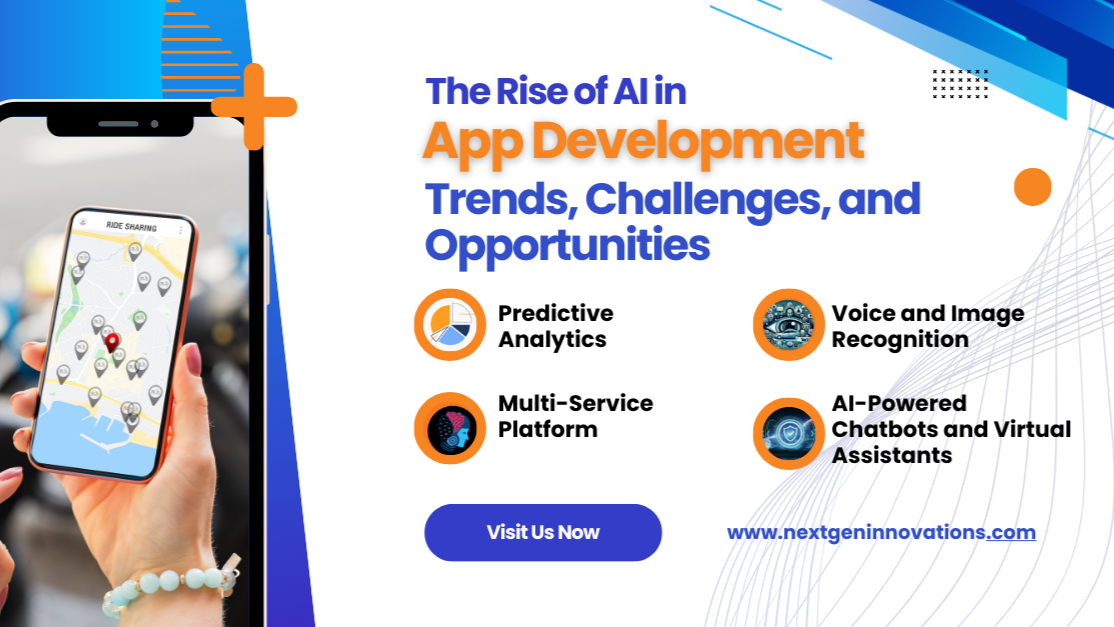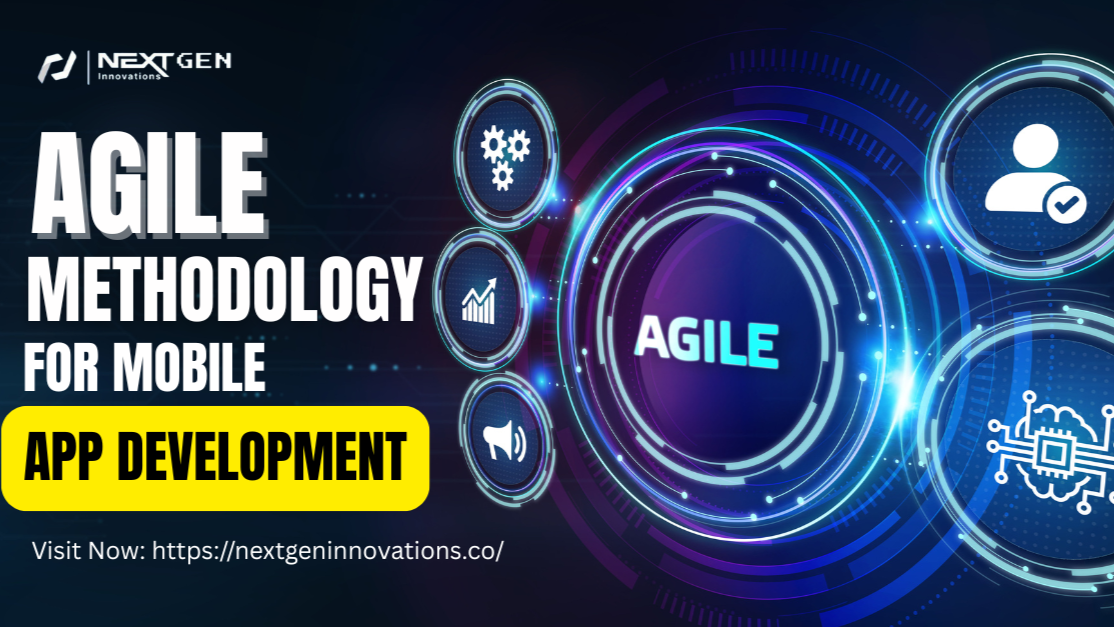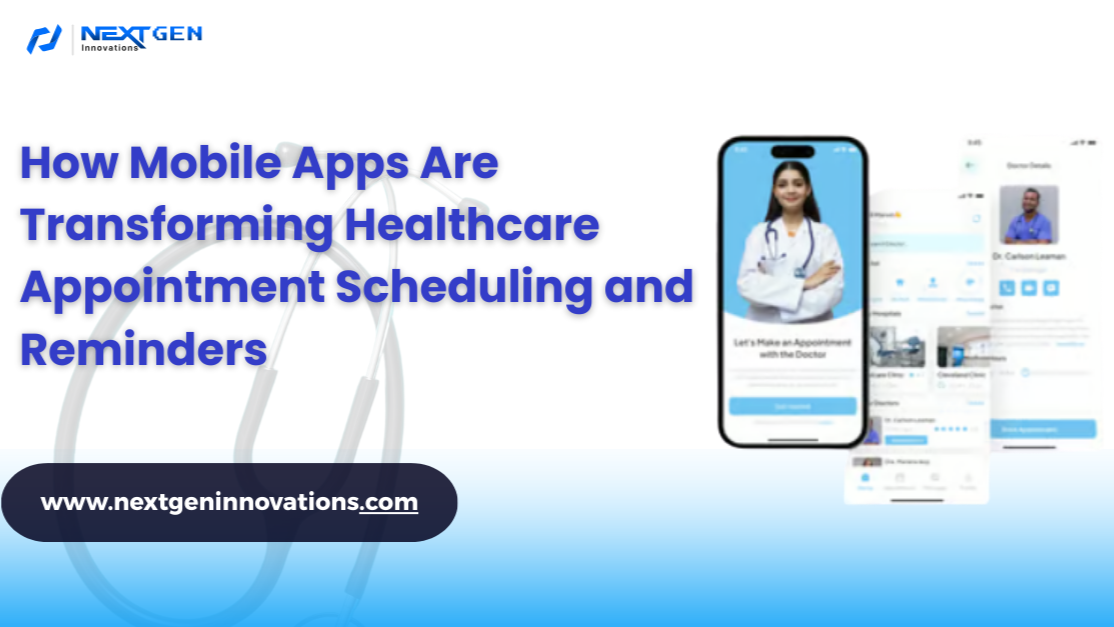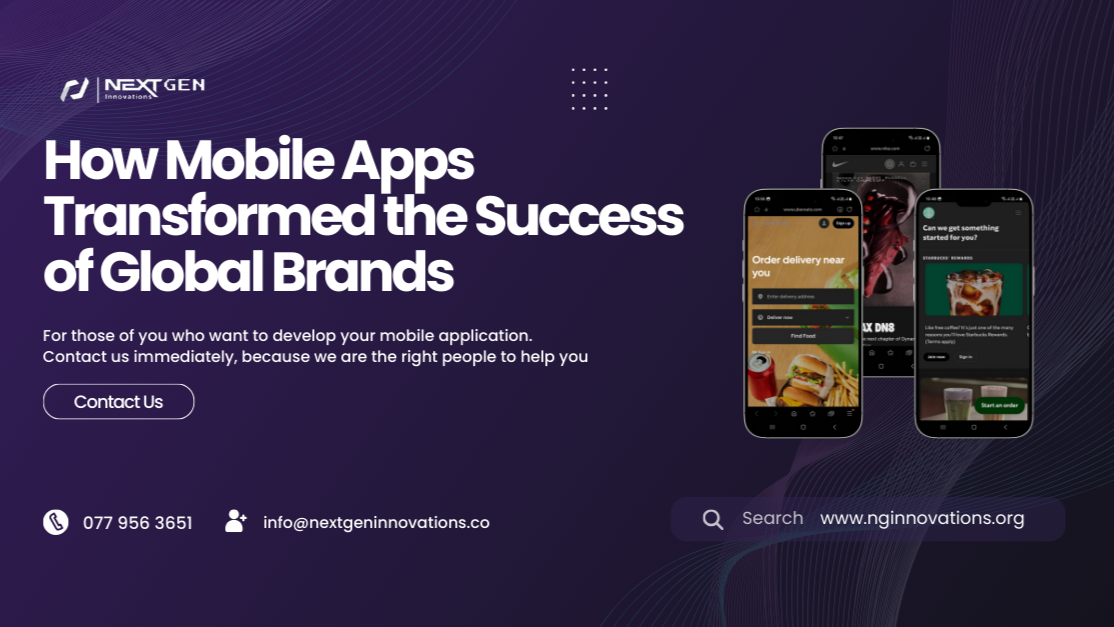AI & Mobile Development
The Rise of AI in App Development
2 min Read

Artificial Intelligence (AI) is revolutionizing industries worldwide, and mobile app development is no exception. AI-powered applications are reshaping user experiences, automating tasks, and enhancing efficiency. From personalized recommendations to intelligent chatbots, AI is making mobile apps smarter and more responsive. In this blog, we will explore key AI trends in app development, the challenges developers face, and the opportunities that lie ahead.
AI Trends in App Development
1. AI-Powered Chatbots and Virtual Assistants
Chatbots and virtual assistants have become essential for customer support, helping businesses engage users 24/7. AI-driven chatbots, like those powered by OpenAI’s GPT models, offer human-like interactions, improving customer satisfaction and operational efficiency.
2. Personalized User Experience
AI-driven algorithms analyze user behavior, preferences, and patterns to offer personalized recommendations. Apps like Netflix, Spotify, and Amazon leverage AI to enhance customer engagement and retention by providing tailored content and product suggestions.
3. Voice and Image Recognition
Voice assistants like Siri, Alexa, and Google Assistant are becoming more advanced with AI, allowing users to interact with apps through natural language. Similarly, image recognition technologies are widely used in applications for security, social media filters, and e-commerce (e.g., visual search features).
4. Predictive Analytics
Predictive analytics, powered by AI, enables mobile apps to forecast user behavior and optimize decision-making. Industries like finance, healthcare, and e-commerce leverage this technology to anticipate trends, detect fraud, and enhance customer experiences.
5. AI in App Security
AI plays a significant role in detecting and preventing cybersecurity threats. Machine learning algorithms help identify anomalies, flag suspicious activities, and enhance authentication processes, making apps more secure for users.
Challenges in AI-Driven App Development
While AI presents exciting opportunities, it also comes with challenges that developers must navigate.
1. High Development Costs
AI integration requires significant investment in data processing, infrastructure, and skilled professionals. Startups and small businesses may find it challenging to afford AI implementation.
2. Data Privacy and Ethical Concerns
AI systems rely on vast amounts of data, raising privacy concerns. Developers must comply with regulations like GDPR and ensure transparent data collection and usage to maintain user trust.
3. Complex Implementation
AI models require extensive training, testing, and fine-tuning to function accurately. Developing and maintaining AI-powered applications demands expertise in machine learning and AI development.
4. Dependency on Data Quality
The effectiveness of AI applications depends on the quality of data. Poor or biased data can lead to inaccurate predictions and unreliable AI-driven features, impacting user satisfaction.
Opportunities for AI in App Development
Despite challenges, AI presents numerous opportunities for businesses and developers:
1. Improved Customer Engagement
AI-driven personalization and automation enhance user engagement and retention, leading to better customer satisfaction and higher app adoption rates.
2. Increased Efficiency and Automation
AI automates repetitive tasks, reducing operational costs and allowing developers to focus on innovation and new feature development.
3. Competitive Advantage
Businesses leveraging AI can gain a competitive edge by offering smarter, data-driven applications that cater to evolving customer needs.
4. Expansion into New Markets
AI-powered localization and real-time translation capabilities enable businesses to reach global audiences with ease, expanding their market presence.
Conclusion
AI is transforming app development, bringing innovation and efficiency to the forefront. While challenges such as data privacy and implementation complexity exist, the benefits far outweigh the drawbacks. Businesses that integrate AI into their mobile apps can provide personalized experiences, improve security, and stay ahead in the competitive landscape. As AI technology continues to evolve, the future of app development looks more intelligent and promising than ever.
More Insights

Mobile App Development
Agile Methodology for Mobile App Development
Agile’s flexibility and speed make it ideal for mobile apps—enabling faster releases, real-time feedback, and continuous improvement.

HealthTech & Mobile Solutions
How Mobile Apps Improve Healthcare Scheduling
Mobile apps are transforming healthcare by simplifying appointment bookings and reducing no-shows.

Digital Innovation & Mobile Trends
How Mobile Apps Transformed the Success of Global Brands
Discover how Nike, Starbucks, and Uber use mobile apps to boost sales, improve customer experience, and build loyalty.
